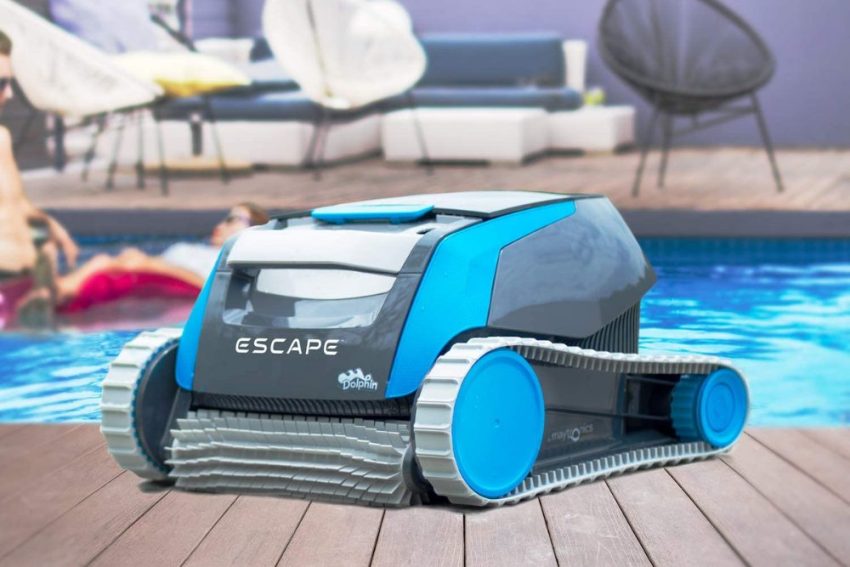Having a swimming pool is a luxury that many homeowners dream of. It provides a refreshing escape from the summer heat and serves as a gathering place for family and friends. However, maintaining a clean and sparkling pool requires the right equipment. From skimmers to robotic cleaners, there are various options available in the market. This article will explore the different types of swimming pool cleaning equipment and guide you in choosing the right one for your needs.
Skimmers: Keeping the Surface Clean
Skimmers are an essential tool for maintaining a debris-free pool surface. These devices are designed to skim leaves, insects, and other floating debris from the water. They are installed along the pool walls and use suction to pull the floating debris into a collection basket.
Pool Brushes: Scrubbing Away Dirt and Algae
Pool brushes are used to scrub the pool walls and floor, removing dirt, algae, and other deposits. They come in various types, such as nylon bristle brushes for vinyl or fiberglass pools and stainless steel brushes for concrete or plaster pools. Regular brushing helps prevent algae buildup and keeps the pool surfaces clean and smooth.
Pool Vacuum: Cleaning the Pool Floor
A pool vacuum is a versatile cleaning tool that effectively removes dirt and debris from the pool floor. It operates similarly to a traditional household vacuum cleaner, sucking up debris and collecting it in a filter or debris bag. Pool vacuums can be manual or automatic, with automatic ones being more convenient as they can navigate the pool on their own.
Pool Nets: Removing Larger Debris
For larger debris like leaves or branches, a pool net comes in handy. These handheld nets have mesh netting that allows you to scoop out larger debris from the water. They are particularly useful for quick spot cleaning or for removing debris before it sinks to the bottom.
Automatic Pool Cleaners: Efficiency and Convenience
Automatic pool cleaners, including robotic cleaners, have gained popularity recently due to their efficiency and convenience. These devices are self-contained and use advanced technologies to navigate the pool, scrub surfaces, and collect debris. Robotic cleaners, in particular, are known for their effectiveness and ease of use. They can clean the entire pool autonomously and have built-in filters to trap dirt and debris.
Pool Chemicals: Maintaining Water Balance
While not strictly cleaning equipment, pool chemicals play a crucial role in maintaining water balance and cleanliness. Chemicals such as chlorine, pH adjusters, and algaecides help kill bacteria, control algae growth, and keep the water safe for swimming. It is important to regularly test the water and add the necessary chemicals to maintain optimal water conditions.
Choosing the Right Equipment for Your Pool
When selecting pool cleaning equipment, there are several factors to consider:
Pool Size and Type
The size and type of your swimming pool will determine the appropriate cleaning equipment. For larger pools, automatic cleaners or robotic cleaners are more suitable, while manual equipment may be sufficient for smaller pools.
Budget
Consider your budget when choosing pool cleaning tools. Manual tools like skimmers and brushes are generally more affordable, while automatic or robotic cleaners tend to be more expensive. Evaluate the features of each option to find the best fit for your budget.
Maintenance Requirements
Different pool equipment has varying maintenance requirements. Manual tools may require more effort and time on your part, while automatic or robotic cleaners may need occasional filter cleaning or part replacement. Factor in the maintenance requirements when making your decision.
Choosing the right swimming pool cleaning equipment is crucial for maintaining a clean and inviting swimming pool. Skimmers, pool brushes, vacuums, nets, automatic cleaners, and pool chemicals all play a part in keeping your pool pristine. Assess your pool’s size, type, budget, and maintenance capabilities to determine the most suitable equipment for your needs.

